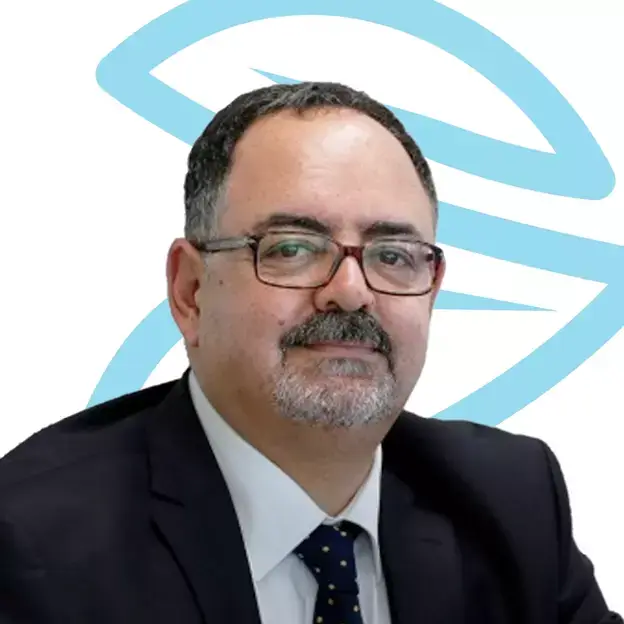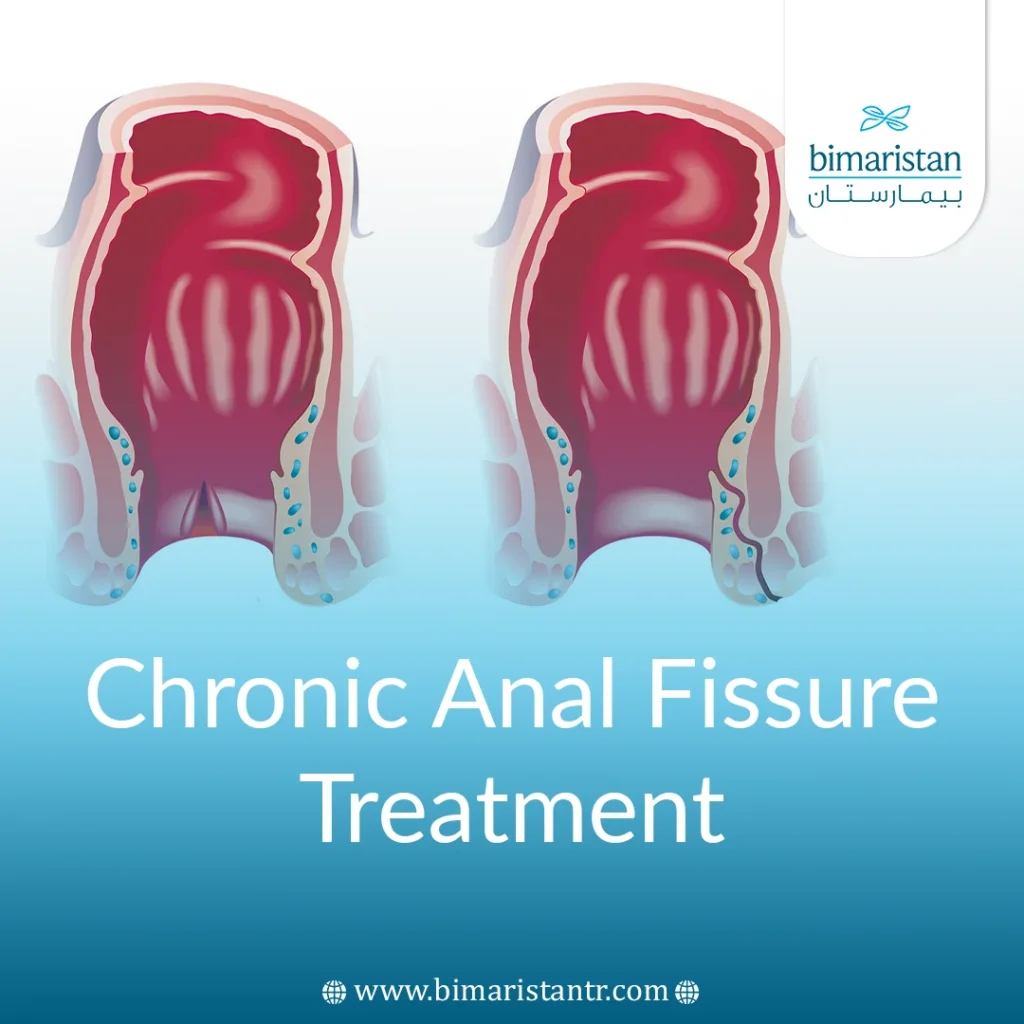Many people suffer from chronic pain and burning caused by anal fissures, those small cuts in the lining of the anus. This pain may become chronic, causing physical and psychological suffering. Fortunately, many effective treatments are available to relieve symptoms and improve quality of life. In this article, we’ll dive into the journey of chronic anal fissure treatment, exploring the treatment options available, from simple home remedies to advanced medical interventions, and providing you with valuable tips for preventing the recurrence of this annoying condition.
An anal fissure is considered one of the common problems that cause discomfort and pain to the patient. Anal fissure treatment may require an operation in Turkey to get rid of the problem permanently.
An overview of anal fissure
An anal fissure (or so-called anal tear) is a simple tear or fissure on the thin and weak borders lining the end of the rectum or anal canal that may extend to the anus. This tear results in severe pain and bleeding during defecation.
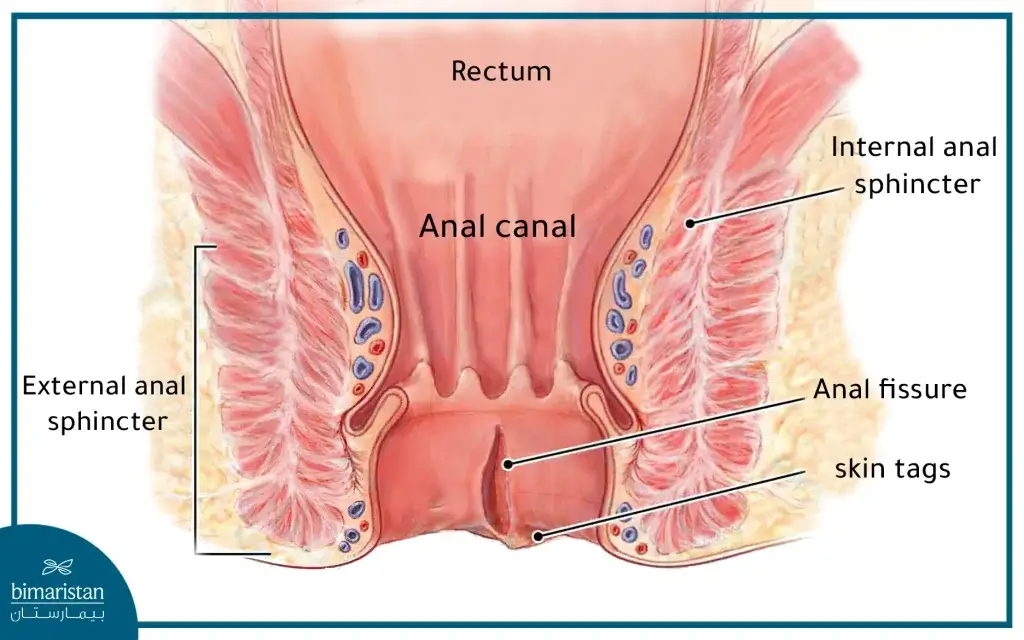
An anal fissure is a common problem that affects 10% of people at some point in their lives, and it affects both sexes without distinction between them.
Anal fissures can occur at any age, but they are most common in young children and adults between the ages of 15-40 years. Anal fissures may sometimes be confused with anal hemorrhoids.
An anal fissure may not be a serious problem and will go away on its own with simple home care within a few weeks (acute fissure). Still, if the anal fissure lasts more than 6 weeks without healing (chronic fissure), it will require medical treatment to get rid of it.
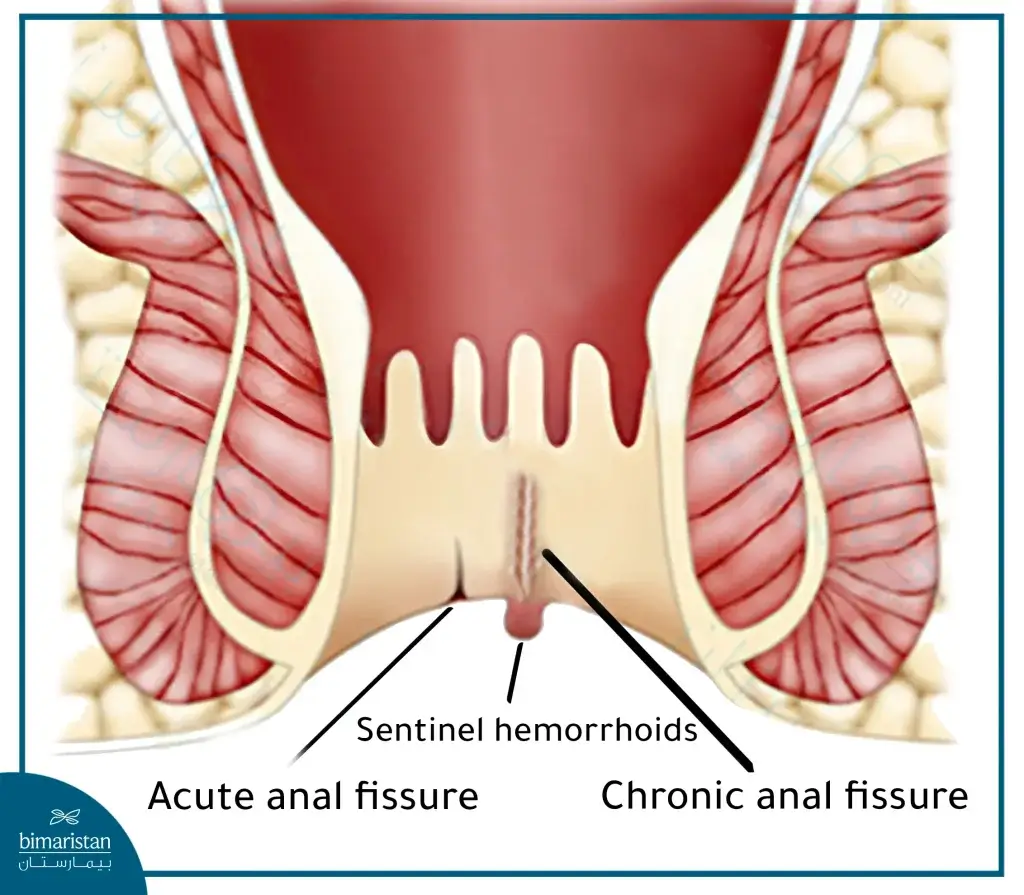
Reason for anal fissure and the mechanism of its formation
Most anal fissures result from the passage of a large amount of hard stool from the anal canal and anus. Therefore, all factors that increase the hardness of stool are accused of causing anal fissures, such as:
- Chronic constipation
- Low fiber diet
- Not drinking sufficient amounts of fluids
- Any cause that leads to loss of body fluids (such as sweating associated with fever)
Although most painful anal fissures caused by hard stool heal quickly, some people develop greater muscle pressure around the anus (anal sphincter pressure), which reduces blood flow and prevents the skin from healing well.
Once an anal fissure develops, it will cause extremely severe pain during defecation, which increases the pressure on the anal sphincter more and more and slows down the healing of the anal fissure.
Other causes of anal sore include:
- Recurrent chronic diarrhea
- Transanal medical interventions
- Pregnancy and Birth
- High-pressure anal sphincter
- Anal tumors
- Rectal cancer
- Crohn’s disease, ulcerative colitis, or any inflammatory disease of the colon
- Rarely, sexually transmitted diseases (such as AIDS, syphilis, and herpes)
Anal fissure symptoms
Common complaints of anal fissure include:
- Anal pain: This may be very severe and worsen during defecation and last for minutes or hours afterward
- Bleeding: You may see traces of red blood in your stool or toilet paper after defecation.
- A burning or itching sensation in the anal area
If you experience any of the above symptoms, please get in touch with us. Bimaristan Medical Centre will refer you to the best centers specialized in treating anal fissures in Turkey.
Don’t let embarrassment prevent you from consulting a doctor. Anal fissures are a common problem that doctors are used to dealing with.
Anal fissure treatment isn’t required in most cases and gets better on its own. Still, it must be examined by a doctor to evaluate it and distinguish it from another problem with similar symptoms, which is anal hemorrhoids.
Complications of chronic anal fissure
Possible complications of anal fissure include:
- The incision extends to neighboring muscles, causing difficulty in healing and severe pain.
- Chronic anal fissures can lead to scar tissue hyperplasia at the site of the anal fissure.
- Abnormal channels may form that connect the anus to neighboring organs, called anal fistulas.
- Anal stenosis can also occur, either due to spasm of the anal sphincter or due to shrinkage of the formed scar tissue.
Diagnosis of anal fissure
Anal fissures can be detected after hearing the patient’s complaints through a simple clinical examination. The examination may include the following procedures:
- Seeing the crack immediately after removing the buttocks.
- Anal touching; The examiner inserts his index finger through the anus after wearing gloves and using a lubricant.
- Viewing the anus and rectum using a short, thin instrument called an anoscope.
- A colonoscopy can also be performed if there is a suspicion of an injury to the intestine, colon, or rectum that may be the cause of an anal fissure.
Anal fissure treatment in Turkey
Chronis Anal fissure treatment without surgery
The doctor begins by trying chronic anal fissure treatment without resorting to surgery by following one or more of the following steps:
- Eat natural foods rich in fiber to soften your stool. To facilitate defecation, the patient can also take nonprescription intestinal laxatives.
- Drinking plenty of water daily will prevent the formation of hard stools and help with stool recovery.
- Sitting in a sitz bath for 10-20 minutes after each bowel movement daily helps relax the anal sphincter.
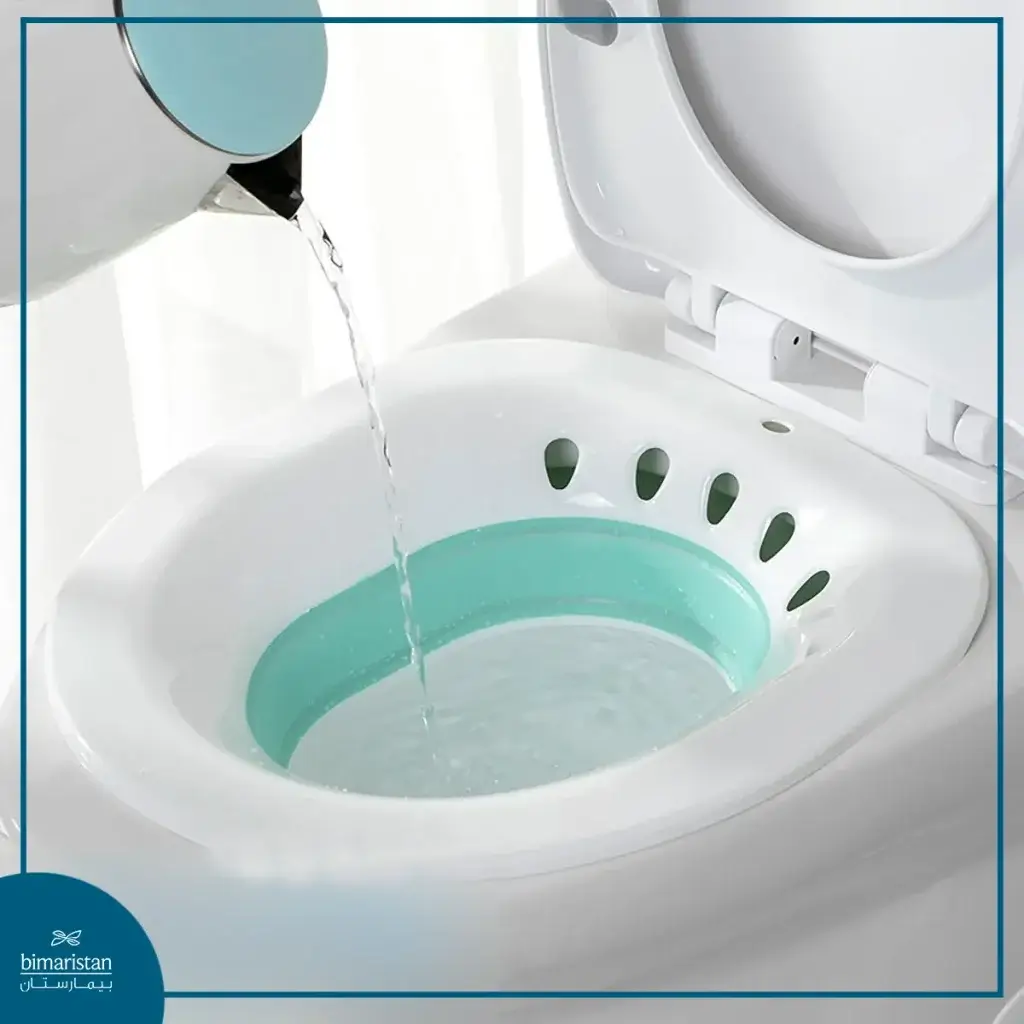
- Your doctor may prescribe topical medications such as lidocaine to relieve pain (best used before going to the bathroom).
- Anal fissure treatment ointments, such as nitroglycerin, can be used to relax the anal sphincter and increase blood flow in the anal area to speed up the treatment of acute and chronic anal fissures.
- Botulism type A (Botox) injection to paralyze the anal sphincter and relieve spasm.
A patient with a chronic anal fissure should not refrain from defecation, even if it causes some pain, because this will increase constipation and then produce hard, hard stools that will make the situation worse.
Chronic anal fissure treatment with surgery
Surgery is indicated in cases of chronic anal fissures that are resistant to medications and other self-treatment. The doctor performs a re-examination to try to find out the reason behind the failure of other methods in treating chronic anal fissures.
Anal surgery is often resorted to in Turkey when there is a severe spasm in the anal sphincter or if one of the complications of a chronic anal fissure appears, such as the formation of scar tissue or a fistula at the site of the fissure.
Surgery usually involves cutting a small lateral portion of the internal anal sphincter muscle to relieve pain and spasm and then allow the fissure to heal. This is called a lateral internal sphincterotomy.
This operation’s success rate is considered high (at least 9 out of 10 cases are cured).
Lateral resection of the internal anal sphincter may carry some rare risks, such as temporary or permanent inability to control stool (fecal incontinence). However, studies have proven the effectiveness of this procedure and its superiority over botulism injections in treating chronic anal fissures permanently.
Anal fissure surgery is usually performed on an outpatient basis, meaning the patient can go home the same day the operation was performed, and full recovery takes about a few weeks.
Laser treatment for fissure in Turkey
An anal fissure treatment is also performed using a laser for chronic cases, where the doctor cuts the internal sphincter muscle using a laser.
This decreases pressure on the incision, which helps increase blood flow and thus speed up healing.
Anal fissure prevention ways
Prevention of an anal fissure is better than cure. You may not always be able to avoid an anal fissure, but you can certainly reduce your risk of it occurring by taking the following health measures:
- Make sure the anal area remains clean and dry.
- Use soft tools to dry the anal area after relieving yourself, such as cotton wool, for example.
- Follow a high-fiber diet, including fruits, vegetables, grains, coconut, etc.
- Drink enough water daily (about 10-12 glasses of water).
- Exercise regularly to avoid constipation.
- Do not hold in feces for long periods, as this may cause it to become hard.
- Treat constipation or diarrhea as soon as they occur.
Why should I choose treatment in Turkey?
Recently, Turkey has become one of the leading countries in the world’s medical tourism field.
The reason for this is the presence of advanced medical centers that provide appropriate treatment at the hands of the most skilled doctors and the latest medical equipment at a low cost.
Bimaristan Medical Center remains your first choice for treatment in Turkey.
We guide you to the best expert specialists in all departments
We facilitate the language of communication between you and everyone through specialized Arab doctors who will help you communicate with your doctor.
We help you secure appropriate treatment and high-end service in Turkey’s most modern hospitals and medical centers.
We provide our services in a wide and precise manner.
We accompany you step by step towards recovery.
Free consultations around the clock.
Do not hesitate to contact us at the Bimaristan Family Center in Turkey.
